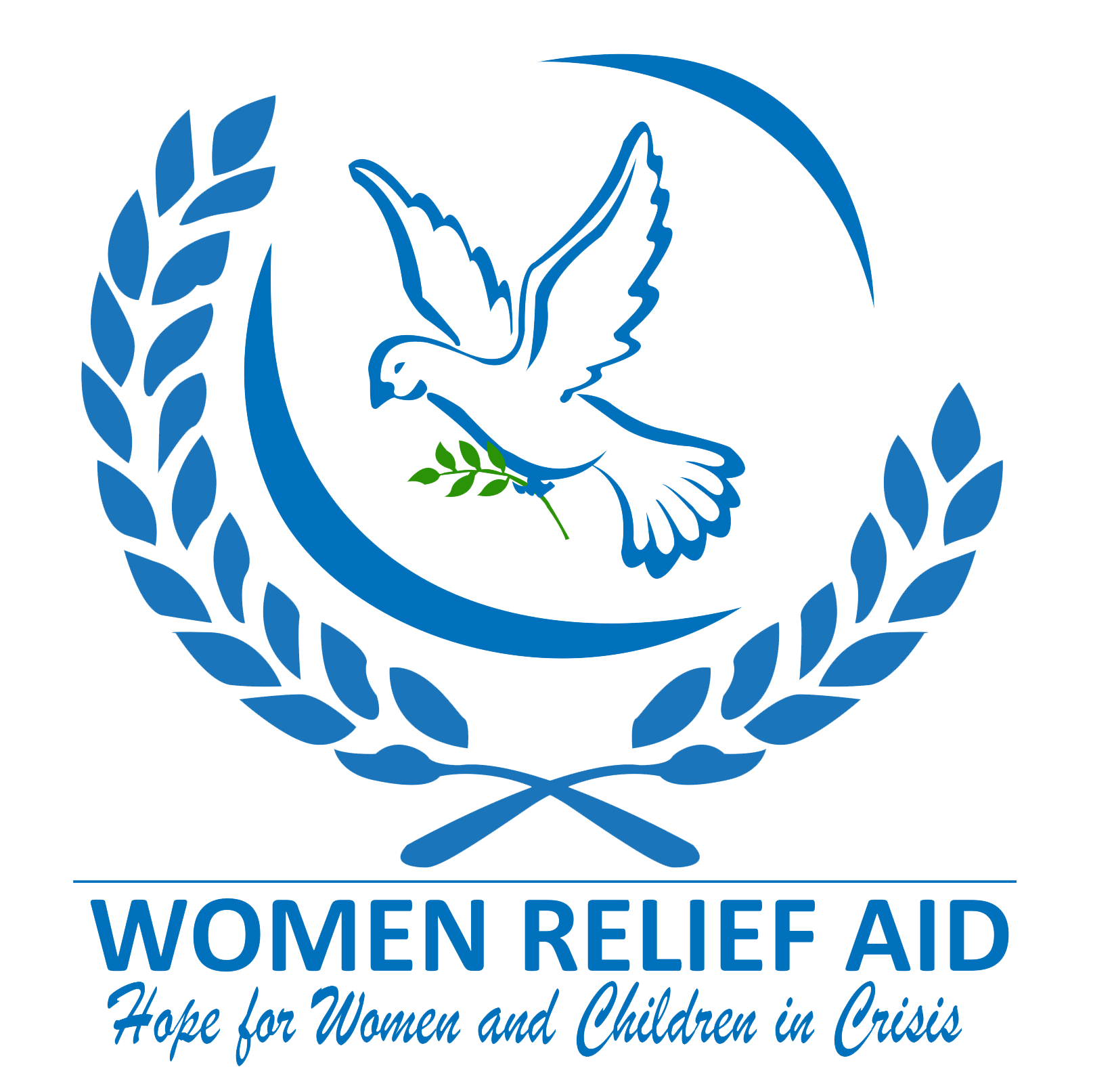South Sudan has a history of deeply entrenched cultural practices and social norms linked to gender, according to UNICEF, (2023). In South Sudan 52% of all teenage girls are married before the age of 18 and one third become pregnant by the time they are 15. The situation has become more dire, however, due to a recent combination of factors affecting the country that together have put young women at extreme risk, including droughts and flooding, internal conflicts, displacement, poverty, hunger, and COVID-19. Early forced child marriage and teenage pregnancy among sexually active adolescent girls in Torit County of South Sudan has become so prevalent. 16 schools out of the 19 schools visited by WRA in Torit County had half of the girls in primary seven and eight drop out of school due to teenage pregnancies and early child forced marriage. To make the matter worse, in 2022 up 9 girls had died due to child birth and 5 due to un safe abortion.
Due to the geographical and cultural nature of the South Sudan and Torit County in particular, access to information by women/girls and vulnerable groups in the area is a serious issue. Information on sexual and reproductive health and rights is not readily available. Adolescents in Torit County face many problems as they transition to adulthood. Most of these are related to their sexual and reproductive health. Adolescent girls’ issues related to sexual, reproductive health and rights (SRHR) exist without a concrete action plan in Torit County and the nation at large. The aim of the project was to provide urgent information and encourage parent-child communication about all aspects of sexual, reproductive health and rights of adolescents so that young women can protect themselves from sexual abuse, HIV/AIDS, sexually transmitted diseases, early marriage, and teen pregnancy. The information provided addressed relationships and emotions involved in sexual experiences through peer education.
